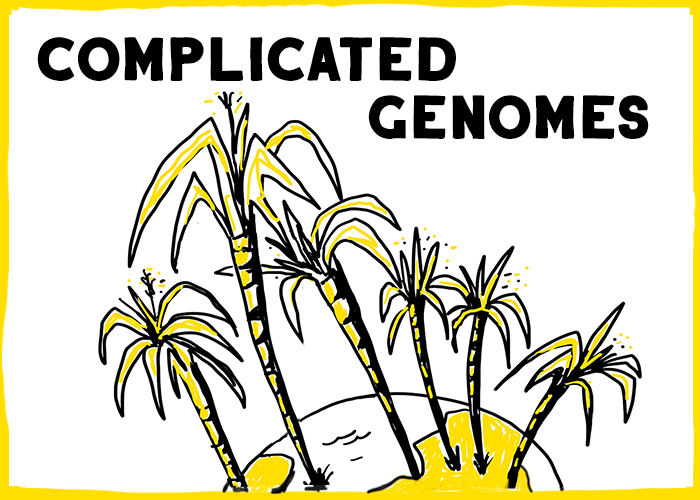 HudsonAlpha part of research team
HudsonAlpha part of research team
HUNTSVILLE, Ala. – HudsonAlpha scientists, in collaboration with Sandeep Dave, M.D., Duke Institute for Genome Sciences and Policy, and other colleagues from leading research institutions across the nation, have found new gene targets for cancer patients with a particular type of non-Hodgkin lymphoma.
“By sequencing the exomes, or the 3 percent of the genome which contains genes, in 51 Burkitt lymphoma tumors and eight cell lines, we were able to show 70 other genes were mutated regularly in this tumor type,” said Shawn Levy, Ph.D., faculty investigator at the HudsonAlpha Institute for Biotechnology. “A number of these genes had never previously been shown to be mutated in cancer, so this work gives the scientific community more targets for diagnostics and therapeutics.”
Among the genes identified, the researchers were able to experimentally show that ID3 can induce the cancer cells to grow more normally. When Dave’s lab added a healthy version of the gene into cells with mutations in ID3, the healthy, or non-cancerous gene could dominate and slow down cancer cell growth. “This makes the ID3 protein a particularly good candidate for potential drug development, especially in Burkitt lymphoma and other cancers characterized by mutations that drive cell growth in the same way,” said Levy.
Burkitt lymphoma commonly strikes children. First described in equatorial African populations, the disease has multiple forms though all involve cancer of the B cells, or part of the immune system responsible for making antibodies to protect individuals from infections. This type of cancer begins when two chromosomes break and fuse together, creating a mutation in an important gene controlling cell growth. In the study, Levy and colleagues set out to identify other genetic mutations that tip the balance and allow the cells to grow uncontrollably.
This research is reported in the paper
The genetic landscape of mutations in Burkitt lymphoma and was published online in the journal
Nature Genetics on 11 November 2012.
Organization Background:
The HudsonAlpha Institute for Biotechnology in Huntsville, Ala, is the cornerstone of the Cummings Research Park Biotechnology Campus. The campus hosts a synergistic cluster of life sciences talent ‐ science, education and business professionals ‐ that promises collaborative innovation to turn knowledge and ideas into commercial products and services for improving human health and strengthening Alabama’s progressively diverse economy. The non‐profit institute is housed in a state‐of‐the‐art, 270,000-square‐ft. facility strategically located in the nation’s second largest research park. HudsonAlpha has a three‐fold mission of genomic research, economic development and educational outreach.
 HudsonAlpha part of research team
HudsonAlpha part of research team
